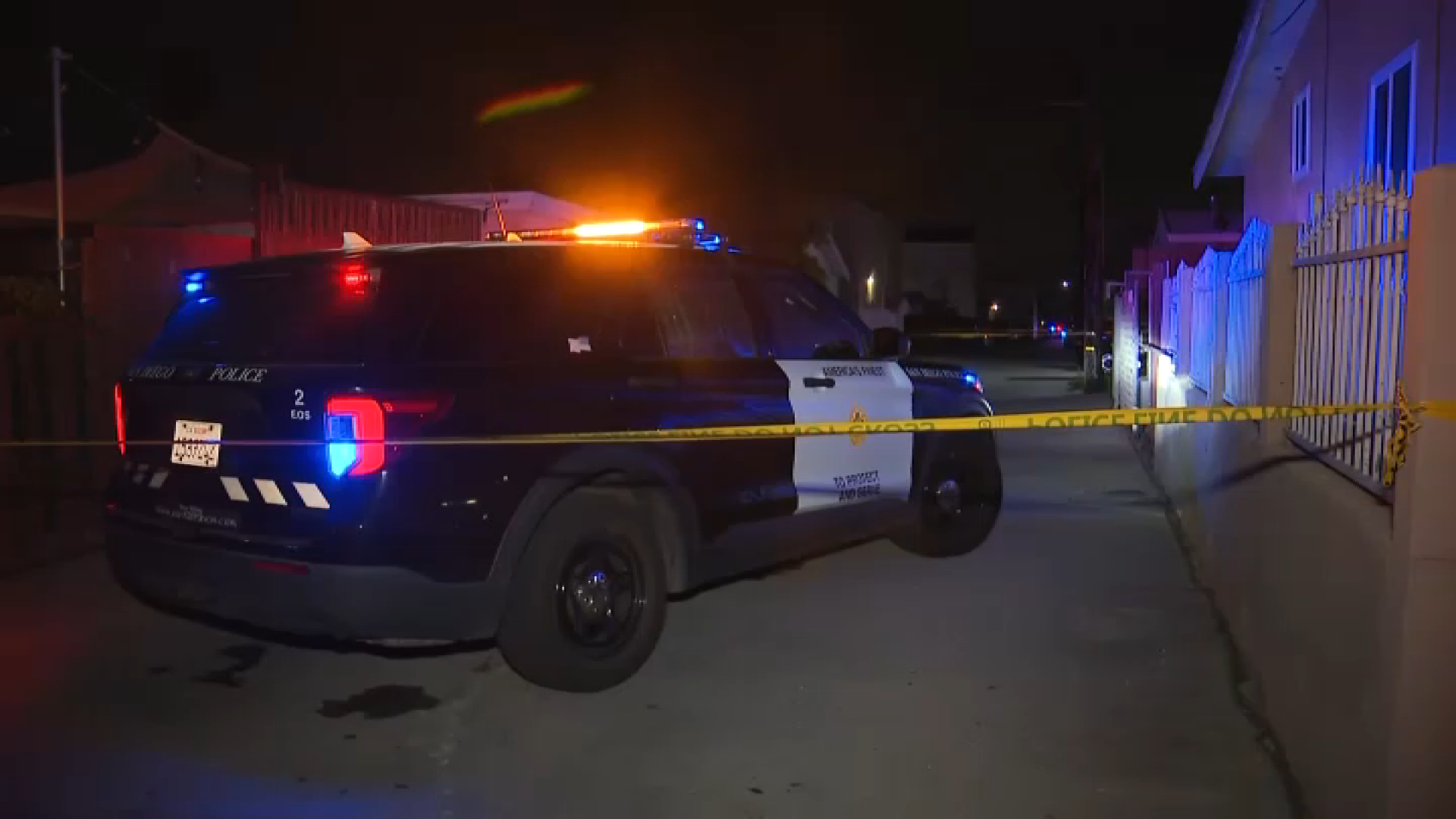A bouquet of roses, a candle, and a mini slot machine sit alongside pictures of Celia Buenrostro on a small table behind the counter of Celia's Fashion Dolls in Old Town San Diego.
Just two months ago, Buenrostro was hard at work doing what she loved most - making dolls. Now, her picture adorns a Día de los Muertos altar inside her shop.
"The altar behind me is for my grandmother," said Natalie Bishop. "She passed away on Aug. 28 from COVID-19 and pneumonia.”
Hundreds of other San Diegans lost to coronavirus are also being remembered throughout altars set up across the region.
Get San Diego local news, weather forecasts, sports and lifestyle stories to your inbox. Sign up for NBC San Diego newsletters.
“It's a hard time for everyone, including me and some cast members of Old Town,” said Christian Perez, a maintenance employee.
Perez is in charge of setting up Old Town’s community altar every year. He says this year he’s noticed an increase in the number of families stopping by to participate.
Local
"Usually, the pictures you see here are from the cast members or their families but this year I notice there are more pictures here of people who we don't work with,” said Perez.
"We thought, 'Hey, you know, [this is] a way to commemorate our parents,'" said Blanca Velazquez.
Blanca Velazquez and her sister Cynthia Rodriguez lost both their parents to COVID-19 in January.
"It's almost nine months, and it's like, it's still fresh in our mind," said Rodriguez. "So having an alter this year really has helped."
Like for the Rodriguez sisters, this year's Día de los Muertos carries much more weight for hundreds across San Diego.
"She's the first person that we’ve had an altar for," said Bishop. "It sucks to have her be up there, but I'm glad we get to see her pretty face every day.”
Altars across the region serve as a way to remember the many lives lost to COVID-19 but never forgotten.



